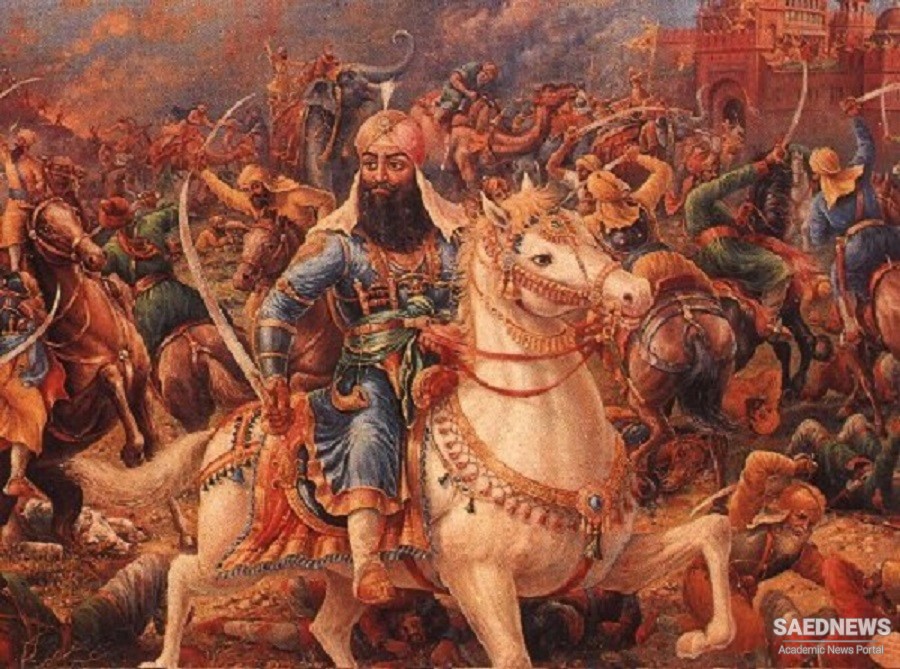The situation was soon, however, dramatically reversed in semi-colonized Persia. The Iranian state was revived, and its dramatic internal consolidation interacted dynamically with its foreign policy. This revival was signaled by the rise of Nadir Quit to power in 1727. His military ability proved exceedingly important in forging a united country out of a fragmented land occupied by the Afghan, Turkish, and Russian forces. By 1730 he had expelled the Afghans from Isfahan and recovered the province of Kerman and the cities of Kashan, Qazvin, and Tehran. Nevertheless, Iran was still far from being an independent country capable of conducting its domestic or foreign affairs. Turkey held sway over all of Georgia, Armenia, Azerbaijan, Kurdistan, Hamadan, and Kermanshah and part of Daghistan and Shiravan. Russia was in possession of the rest of Daghistan and Shiravan as well as Baku, Derbend, and the provinces of Astarabad, Gilan, and Mazandaran. The task before Nadir was colossal. Having expelled the Afghans from Isfahan, he made the restitution of Iranian provinces the primary objective of his foreign policy. This aimed at both Turkey and Russia. He turned first to Turkey. At the outset both Nadir and the Porte claimed that they wished to settle their differences by peaceful means. But as time went by it became evident that neither was ready to make any substantial concession toward a negotiated settlement. Nadir began his military campaign against the Turks in 1730 with the objective of recovering Iranian territories. This decision was made after he learned from Riza Qulu Khan Shamlu, the Iranian envoy who had been dispatched to Constantinople.


 Treaty of Constantinople and Fragmentation of Persia by Colonialists
Treaty of Constantinople and Fragmentation of Persia by Colonialists














































